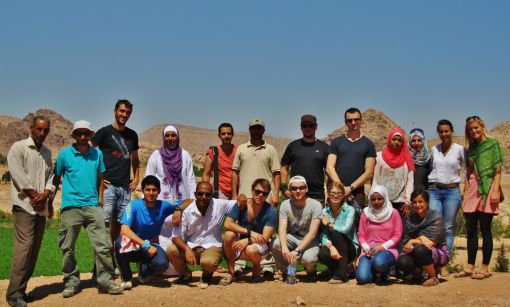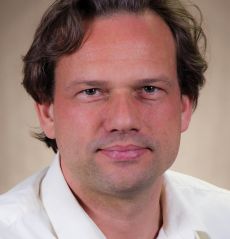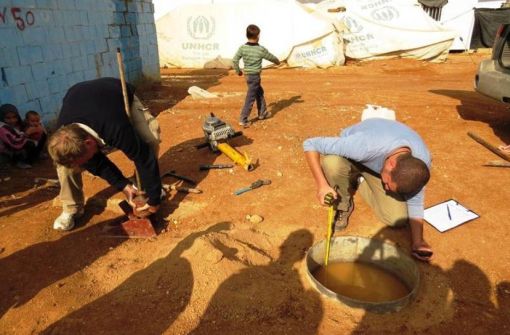Managing the water resources of this world successfully, requires more than engineering know-how. Students in the course “Integrated Water Resources Management” at the Cologne University of Applied Sciences also acquire knowledge about economics, environmental policy and culture. In the interview, Professor Lars Ribbe, Director of the Institute for Technology and Resources Management in the Tropics and Subtropics at Cologne University of Applied Sciences, explains what the course accomplishes.
Why does the course focus on Arab countries?
Lars Ribbe: The Arab region is an example for other arid areas. The variable climatic conditions there cause not only water scarcity and drought but also flooding. An inefficient infrastructure and water pollution intensify these problems. Until now the region has lacked experts who can manage water resources properly – we are training them.
How do you prepare the students for the local conditions?
Lars Ribbe: The interdisciplinary standpoint is decisive. The management of water resources is not solely a task for engineering and technology. Economic, institutional and ecological issues must also be taken into consideration. This integrated approach is the best method for solving this complex problem. It is especially important that students be familiar with the country’s language and culture.
What concrete projects are the students working on?
Lars Ribbe: To give one example, they are working on measures to improve the urban water supply in Amman. The resources of this very densely populated city are scarce. This is complicated by the fact that the water resources lie more than a kilometre below the city. This enormous height can be overcome with pumps, but they require a lot of energy.
A supplementary approach is the reuse of wastewater, which offers a lot of untapped potential. Students in other areas of expertise examine the financial organisation of water management. These examples demonstrate: different disciplines lead to different solutions that taken together as a whole produce optimal results.
What are the students’ backgrounds?
Lars Ribbe: Most of the students come from Germany and Arab countries. Besides engineers and scientists, we also have graduates in economics, social sciences, political science and law. As a next step, we would like to open the programme to other regions that are also struggling with issues of drought and water scarcity.
Where do the alumni work after graduating?
Lars Ribbe: We have very close contact with many alumni. Most of them return to their home countries after studying. 90% work in a field related to water resources management. Some also go to other countries or earn a doctoral degree. The numbers show that we are successful in training for the job market and that we qualify our students to work in international cooperation. Most of the German alumni are employed in that capacity – the majority in the Arab region.

The students of the Master’s Programme Integrated Water Resources Management come from various fields of study © MSc IWRM Programme
How does the Development-Related Postgraduate Courses (DEPOS) network support your work?
Lars Ribbe: The DEPOS funding supports us in the further internationalisation of the programme. Now we can regularly accept international students into our Master’s course. This is extremely valuable to us. Furthermore, we’ve developed close relations with many universities through the network – in Germany, in the Arab region and worldwide. The students benefit from these synergies.
More information about the programme: www.iwrm-master.info







